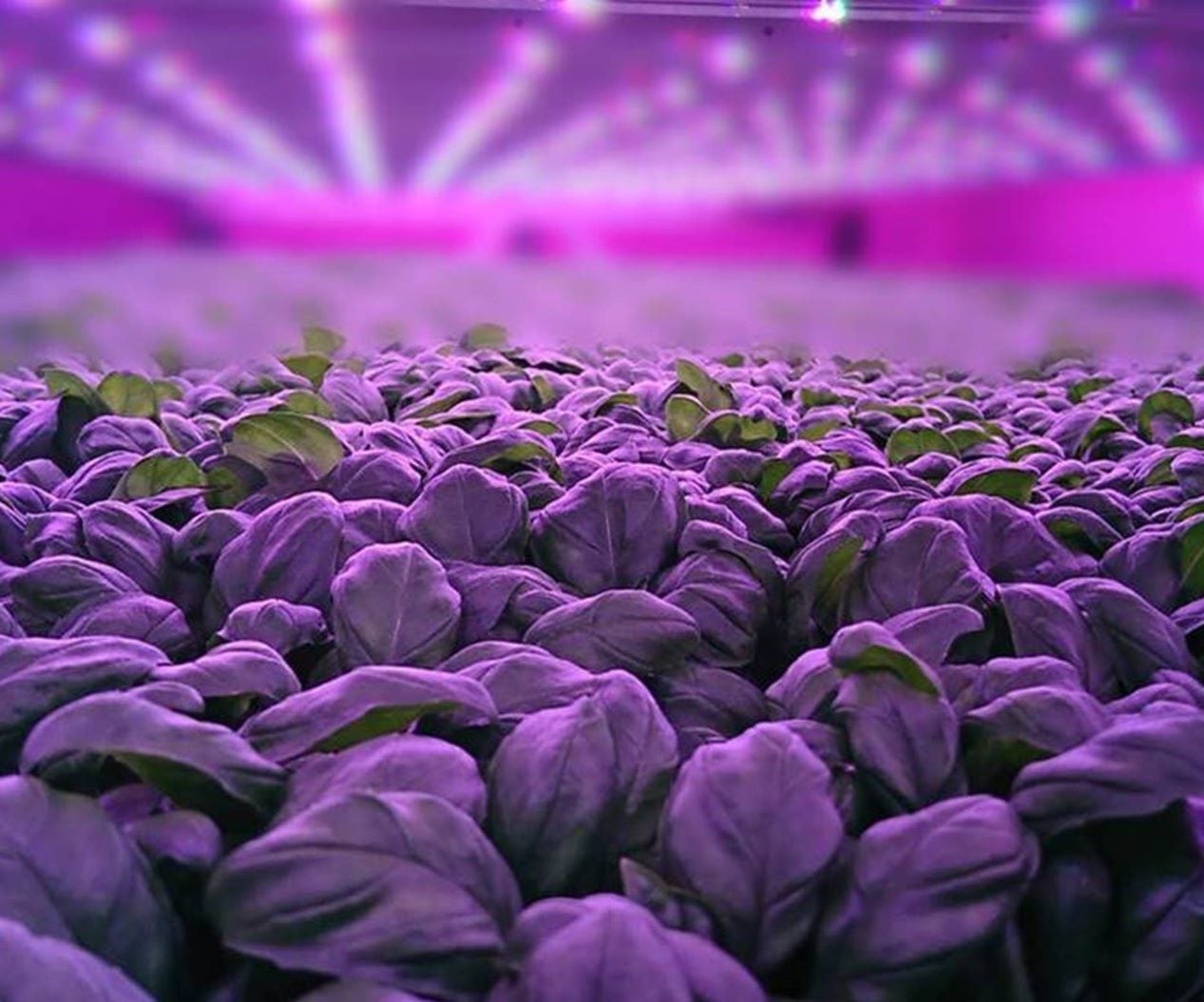
Eider Vertical Farming has become the latest business in the controlled-environment agriculture space to collapse.
FRP Advisory Trading said it was appointed as joint administrators for the UK-based company, better known as Eider VF, on 15 May. David Shambrook and Philip Armstrong have been named as advisers to oversee a “process of marketing the business and assets for sale”.

Discover B2B Marketing That Performs
Combine business intelligence and editorial excellence to reach engaged professionals across 36 leading media platforms.
Set up in 2019 and headquartered in the English village of Kempsey in the county of Worcestershire in the English Midlands, Eider VF marketed leafy greens grown in a controlled-indoor environment.
“The business entered into administration after a period of challenging trading conditions left it unable to meet its financial obligations as they fell due,” FRP said in a statement provided to Just Food.
“The business ceased trading on appointment and the 17 staff were made redundant.”
Eider VF joins a number of vertical-farming businesses that have either ceased trading or have been forced to restructure.

US Tariffs are shifting - will you react or anticipate?
Don’t let policy changes catch you off guard. Stay proactive with real-time data and expert analysis.
By GlobalDataMost recently, Infarm in Germany announced an extended downsizing exercise in May with a decision to quit its home markets in Europe to focus on North America.
Once regarded as a pioneer in the industry, the Berlin-based company first revealed its restructuring plans last November.
At the time, Infarm cited “challenging market conditions, particularly with regards to escalating energy prices and tough financial markets” in an announcement that was accompanied by plans to lay off around 500 workers.
Controlled-environment agriculture, a designation in which vertical farming sits, is capital intensive, requiring external funds to finance the technology and running costs, including artificial lighting in some cases to supplement daylight.
It remains a relatively nascent industry requiring scale to compete with traditionally grown crops and is currently largely limited to fresh leafy greens, herbs and some vegetables such as tomatoes. However, fruits such as strawberries are starting to emerge.
In May last year, Eider VF secured £50m ($62.5m) in financing from Slate Asset Management.
The investor said in a statement then that the funds would be used to finance “the construction of EVF’s first five facilities by 2024, which will be built adjacent to existing packing facilities, thereby significantly reducing transport costs”.
It added, noting Eider VF supplied the UK retail and foodservice channels: “The facilities will be equipped to sustainably grow leafy produce 24/7, 365 days a year, significantly reducing wastewater, nutrient usage and biohazard risk.”
Records filed with Companies House in London show Eider VF had current assets of £328,573 in the year ended 31 December 2021, and net liabilities of $2.01m.
The prior year, assets amounted to £237,482 with liabilities standing at £1.1m.
Other companies that have succumbed to the challenges around vertical farming include Upward Farms in New York, which called it a day in April, ten years after the business was founded in 2013, the same year as Infarm.
Future Crops, a joint Israeli-Dutch operation in the Netherlands, reportedly went bankrupt earlier this year, although Just Food was unable to verify the start-up’s demise at the time.
Agricool in France also threw in the towel last year, citing “insufficient turnover to finance the high structural costs”, along with the “lack of volumes necessary to achieve an operating balance”.





